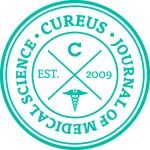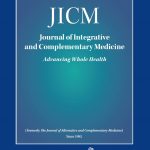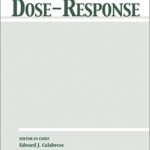Individualized Homeopathic Medicines in Treatment of Hyperuricemia: Evaluation by Double-Blind, Randomized, Placebo-Controlled Trial

Introduction - Hyperuricemia (HU) is a major health issue in India and across the globe. It increases the disease burden and hampers quality of life. This study was aimed at exploring the effects of individualized homeopathic medicines (IHMs) against placebo in the treatment of HU. Methods - This double-blind, randomized, placebo-controlled trial was conducted on 60 patients suffering from HU in the outpatient department of D. N. De Homoeopathic Medical College and Hospital, Kolkata. Each patient received either IHMs or identical-looking placebos, along with advice on dietary modifications irrespective of codes. Serum uric acid (SUA) level was the primary outcome measure; the HU quality of life questionnaire (HUQLQ) and the Measure Yourself Medical Outcome Profile version 2 (MYMOP-2) were the secondary outcomes; all measured at baseline, and every month, up to 3 months. Group differences were examined by two-way (split-half) repeated-measures analysis of variance after adjusting for baseline differences. Significance level was set at p ≤0.05, two-tailed. Results - The intention-to-treat sample (n = 58) was analyzed. Between-group differences in SUA levels (F 1, 56 = 13.833, p <0.001), HUQLQ scores (F 1, 56 = 32.982, p <0.001) and MYMOP-2 profile scores (F 1, 56 = 23.873, p <0.001) were statistically significant, favoring IHMs against placebos, with medium to large effect sizes. Calcarea carbonica and Pulsatilla nigricans were the most frequently prescribed medicines. No serious adverse events were reported from either of the groups. Conclusion - IHMs showed significantly better results than placebos in reducing SUA levels and improving quality of life in patients suffering from HU.








Lascia un commento
Devi essere connesso per inviare un commento.